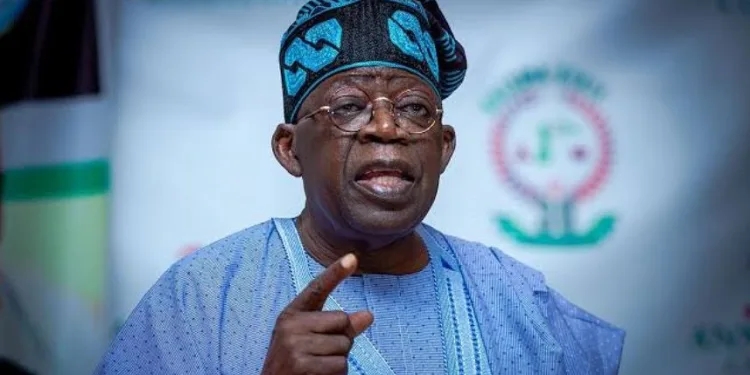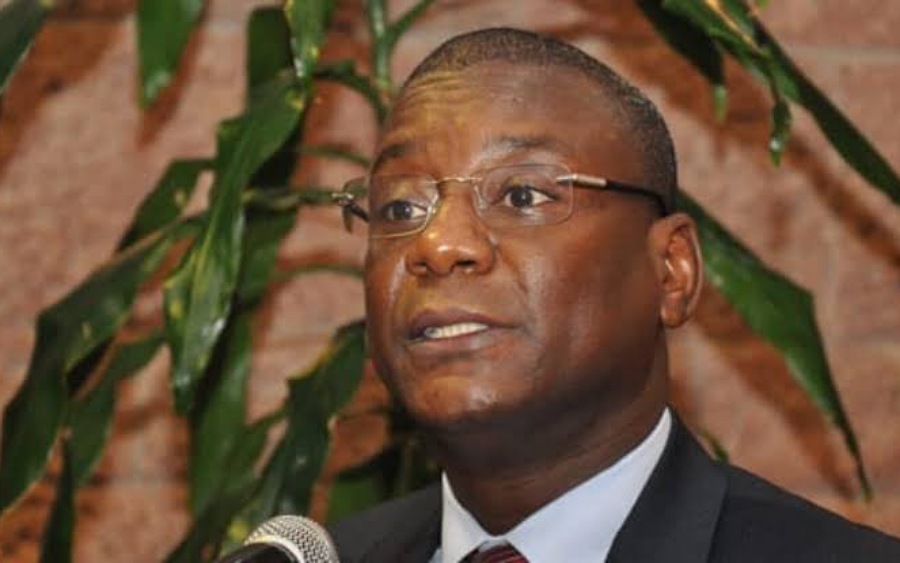The African Development Bank (AfDB) said that energy subsidies are one of the reasons why Africa experiences energy insecurity.
The AfDB stated this in its 2023 Africa’s Macroeconomic and Performance Outlook report which was released on Thursday, January 19.
In the report, the AfDB explained that energy subsidies are controversial due to their distortionary nature. This is despite the fact that energy subsidies are the most available and essential fiscal and political tools that governments on the continent use to protect households against potential welfare losses arising from food and energy prices and other exogenous shocks.
- “Energy consumption in Africa is lower than in other comparable regions due in part to its low level of energy security, reflecting inadequate production to meet the rising demand. In 2019, the per capita consumption of electricity in Africa was 550 kilowatts per hour (kWh) compared with 2,300 kWh in Asia. The high disparity in energy security and consumption across low-income countries— mainly non-oil exporting on one hand, and high-income countries on the other—could also be attributed to the level of energy subsidies,” the bank said.
The Nigerian context: In 2022, the Executive Secretary of the Nigerian Extractives Industries Transparency Initiative (NEITI), Ogbonnaya Orji said that between 2005 and 2020, Nigeria reportedly spent N13.7 trillion on fuel subsidy payments. The Nigerian government and other stakeholders have called for the removal of the subsidy to ensure the maximization of the petroleum sector and the direction of funds to other critical sectors of the economy. The Buhari administration has said it will remove fuel subsidies by the second quarter of 2023.
What needs to happen: The World Bank has repeatedly called for the removal of fuel subsidies in Nigeria, saying that wealthy Nigerians benefit more from the initiative than the low-income earners. In November 2022, the National Bureau of Statistics (NBS) said that 133 million Nigerians are living in multidimensional poverty. In a 2022 review report, the World Bank stated:
- “The potential rise in transport and electricity costs therefore further exposes poor and vulnerable Nigerians to any increase in petrol prices. Overall, assuming a 20% pass-through from petrol prices to inflation, removing the petrol subsidy, could cause the headline inflation rate to rise by an additional 3.0 percentage points over the following two years. This poses a significant threat to purchasing power. With no compensating measures for the poor and vulnerable, removing petrol subsidies thus risks pushing many Nigerians into poverty.”
The World Bank proposes a redistribution mechanism that uses a portion of the financial savings to protect lower-income households could minimize the negative impact on consumer welfare while still yielding a large net gain in government revenues.
- But how can this happen? The Bank says compensatory cash transfers could work.
- A Nigerian energy industry stakeholder spoke anonymously with Nairametrics and pointed out that it was easy to deregulate diesel because the direct users are rich Nigerians who own fleets of haulage trucks, lorries and large generator sets.
- “Of course, the cost was transferred to the economy as trucks and delivery vans transporting food items and other stuff, added to food costs in the market. However, PMS (fuel) is much more sensitive as direct users are the poor who are more widespread. It will be interesting to see how the social consequences of the subsidy removal are managed,” he stated






















